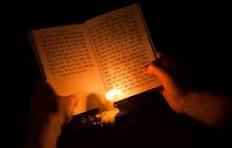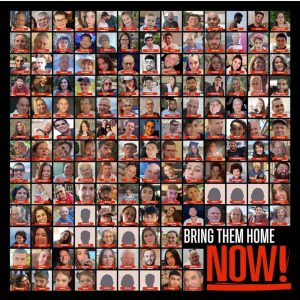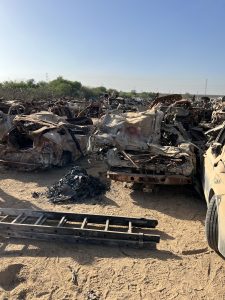 On Monday evening, August 12, we begin the solemn remembrance of Tisha b’Av, the Ninth day of the Month of Av in the Jewish calendar.
On Monday evening, August 12, we begin the solemn remembrance of Tisha b’Av, the Ninth day of the Month of Av in the Jewish calendar.
This day marks the great disasters that have befallen the Jewish people: the destruction of the First and Second Temples and other catastrophes. It is a sad day, often a fast day, with prayers of lament, including chanting the Book of Lamentations known as Eicha.
As a people of history, we know persecution too well. AntiSemitism has become more out in the open and widespread. The current war has complicated our relationship with the world even further. There is even speculation that Iran will launch its reprisal attack on this date as a cruel, ironic twist to the ongoing hostilities.
It is a time to acknowledge and share in the sorrow and the martyrdom of so many of our brothers and sisters whose only crime was to be Jewish.
As we reflect on this somber moment, we also take heart in knowing that Am Yisrael Chai, The People of Israel, lives through it all.
You can listen to the chanting of Eicha with its haunting melody here:
https://www.youtube.com/watch?v=z8RBrOiCy40


